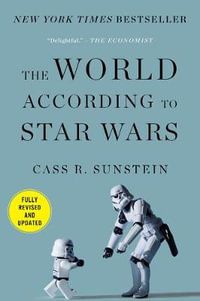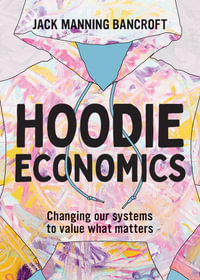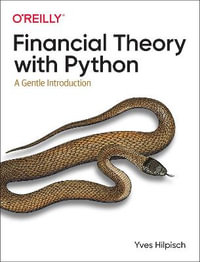For the past three decades, economic theory and policy has been dominated by the neoclassical doctrine. The balance of power has shifted to protect private interests, resulting in unprecedented damage to the environment and society, with no solution in sight as more austerity and less government continues to be posited as the answer to the oncoming waves of crisis. It doesn't have to be this way, however. Featuring a remarkable roster of internationally renowned critical thinkers, Co-operatives in a Post-Growth Era presents a feasible alternative for a more environmentally sustainable and equitable economic system - specifically, the co-operative business model. With more than 100 million people working in co-operatives and more than a billion members around the world, the time has never been better for cooperatives everywhere to recognize their own potential and own ability to change the economic landscape. An essential book for students, policymakers and concerned citizens looking for a practical way to change the current stagnant economic paradigm.
Industry Reviews
Co-operative leaders need to understand the economy from a perspective that is consistent with their purpose, values and principles. Neoclassical economics is off the mark in too many ways. These chapters provide a more realistic reading of the economy and will be helpful in understanding the challenges we face and how best we can contribute to making this a better world through co-operative action. * Dame Pauline Green, president, International Co-operative Alliance *
The timing of this book is perfect! The findings from the 2012 Imagine Conference summarise ways to create prosperity and stability in this new economic, social and environmental reality. Leading economic thinkers provide critical insights in how the co-operative enterprise model meets the growing complex global problems while building a better world. Kudos to Tom Webb and Sonja Novkovic for making this happen. * Denyse Guy, executive director, Co-operatives and Mutuals Canada *
This is an outstanding collection of new economics, reflecting a growing and creative body of work on the practice and the theory of a more inclusive and authentically sustainable economy. * Ed Mayo, secretary general, Co-operatives UK *
Imagine 2012 was an acme for the International Summit of Co-operatives during the International Year of Co-operatives. The recent financial crisis revealed much disarray in our ability to foresee our future and Imagine has been the silver lining behind the cloud for those who believe that co-ops are enterprises to build a better world. * Jean Louis Bancel, president of Credit Cooperatif, chair of International Cooperative Banks Association, and member of the board of International Cooperative Alliance *
More than ever, the world needs economic systems whose objectives are not to make a small fraction of humanity monetarily rich but, rather, to build a more inclusive society where quality of life for all is the metric of success. Co-operatives have proven track records of generating just such outcomes. The ideas presented in this publication can serve to further our understanding of the possibilities and challenges associated with unleashing the power of a healthier view of sustainable economics. * Kathy Bardswick, president and CEO, The Co-operators, Canada *
This collective work brings very useful insights on how cooperatives, in a plural economy, can help build a better world and reach sustainable prosperity. A must read for those who wants to learn about the cooperative model and its economics. * Monique F. Leroux, chair of the board, president and chief executive officer, Desjardins Group *
The co-operative model provides a most effective institutional mechanism of addressing the development challenges of the African continent on a sustainable basis. Co-operatives can simultaneously promote wealth creation, poverty alleviation and more equitable distribution of resources. The poor don't need sympathy or pity; they need empowerment and dignity that true co-operatives facilitate through bringing the marginalized population into the mainstream of socio-economic activity. The ideas about economics in this book will help co-operative leaders move co-operative development forward. * Nelson Kuria, CEO, Co-operative Insurance Company, Kenya *
When markets fail, co-operatives bring needed products and services, competition and opportunity for people. Building a global co-operative economy will ensure fewer economic crises and greater food security around the world. * Paul Hazen, executive director of US Overseas Cooperative Development Council and former CEO of the National Cooperative Business Association *
A unique collection of essays that offers both theoretical arguments and practical insights into how co-operatives can provide the basis for a more socially and environmentally sustainable economy. This should be required reading for all students in business and economics, and a must read for all interested in the future of the planet. * Professor Darryl Reed, York University Canada *
























